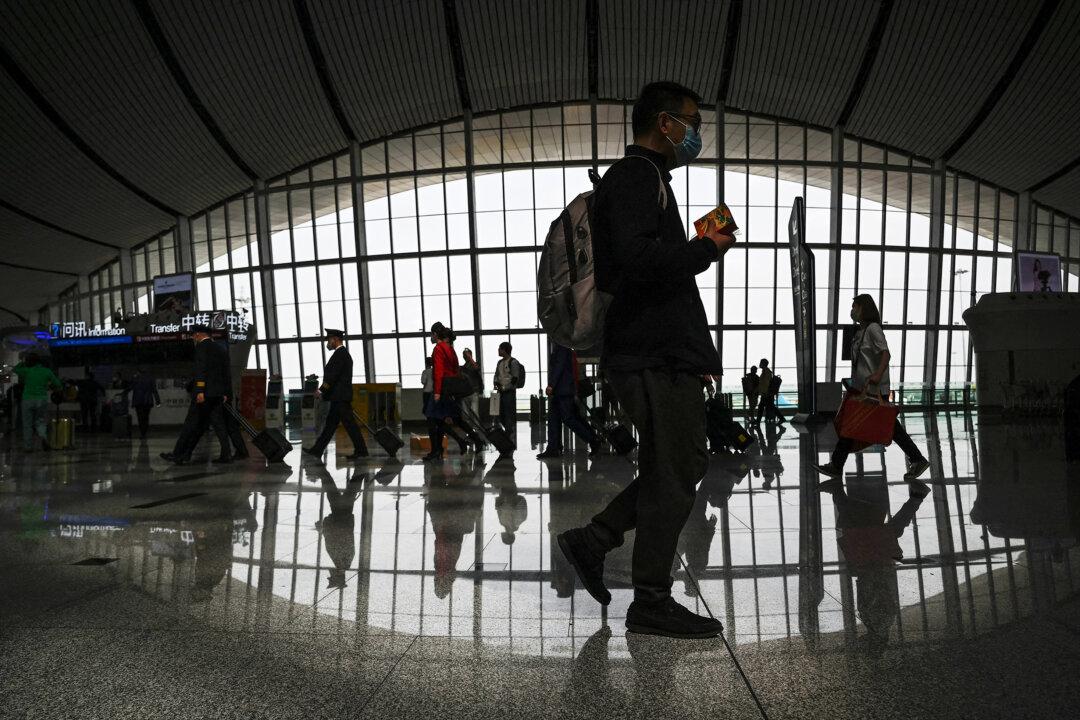News Analysis
China’s rich are fleeing the country at an increasing rate, transferring large amounts of their assets abroad to avoid being targeted by the Chinese Communist Party (CCP) amid the economic slowdown.

China’s rich are fleeing the country at an increasing rate, transferring large amounts of their assets abroad to avoid being targeted by the Chinese Communist Party (CCP) amid the economic slowdown.